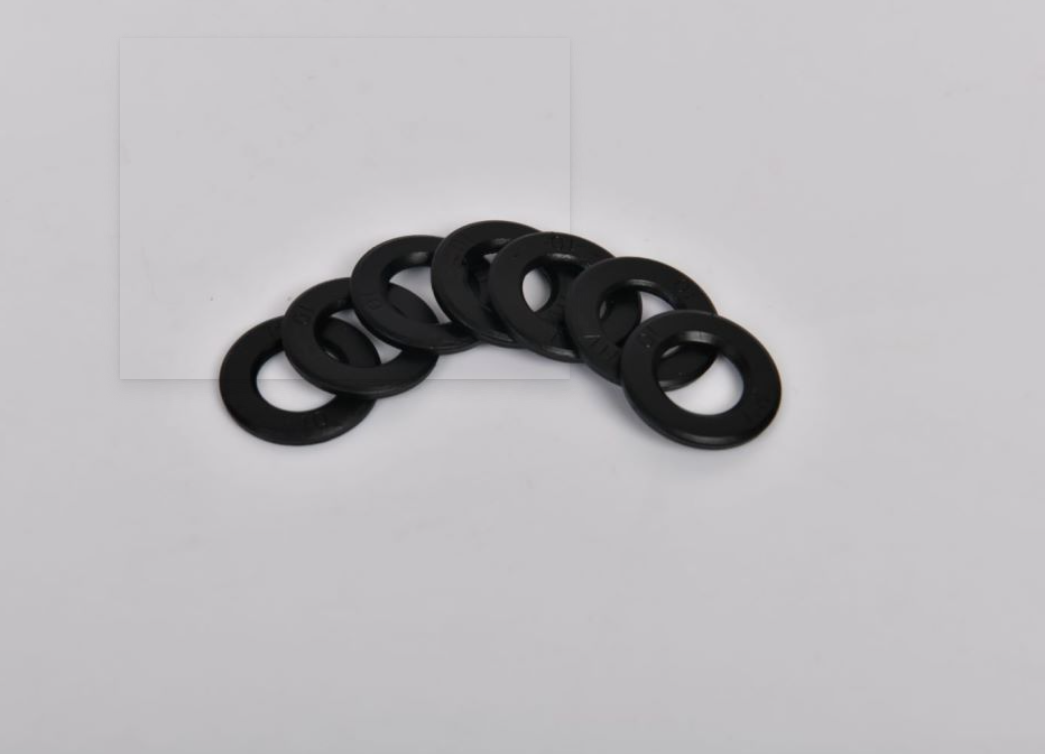Wholesale M5 Self-Tapping Screws Recommended Hole Specifications and Size Guide
Understanding the Wholesale M5 Self-Tapping Screw Hole Size
When it comes to construction and manufacturing, the importance of the right hardware cannot be overstated. Among these essential components are self-tapping screws, which are widely used for their convenience and efficiency. Specifically, M5 self-tapping screws have become popular in various applications, leading to increased interest in their specifications, including hole size.
What are M5 Self-Tapping Screws?
M5 screws are defined by their nominal diameter of 5 millimeters. These screws tap their own threads in materials such as metal, plastic, or wood, which eliminates the need for pre-drilled holes in many cases. This not only simplifies the assembly process but also enhances the strength of the connection.
Importance of Hole Size
The hole size for M5 self-tapping screws is crucial for ensuring effective insertion and optimal performance. If the hole is too small, the screw may not go in smoothly, risking damage to both the screw and the material. Conversely, if the hole is too large, the screw may not achieve adequate grip, which can compromise the integrity of the assembly.
wholesale m5 self tapping screw hole size

Typically, the recommended pilot hole size for an M5 self-tapping screw is around 3.5 to 4.0 mm. This size allows the screw to create its own threads while still maintaining a tight fit within the material. It’s important to consider the material type when selecting the hole size, as softer materials may require slightly larger pilot holes to prevent stripping.
Application Considerations
In various applications, the use of the correct hole size can significantly impact the performance of the assembly. For example, in metalworking or woodworking projects, achieving the right fit is crucial for load-bearing applications. The wrong size can lead to joint failure, misalignment, or material fatigue. Therefore, understanding the appropriate specifications is vital for any project.
Conclusion
The M5 self-tapping screw is an invaluable component in many industries, but its effectiveness is heavily reliant on the proper hole size. By adhering to guidelines that typically recommend a pilot hole size of 3.5 to 4.0 mm, professionals can ensure strong, durable connections that withstand the test of time. Whether for DIY projects or large-scale manufacturing, having a comprehensive understanding of screw specifications, including hole size, is essential for success.
-
Top Choices for Plasterboard FixingNewsDec.26,2024
-
The Versatility of Specialty WashersNewsDec.26,2024
-
Secure Your ProjectsNewsDec.26,2024
-
Essential Screws for Chipboard Flooring ProjectsNewsDec.26,2024
-
Choosing the Right Drywall ScrewsNewsDec.26,2024
-
Black Phosphate Screws for Superior PerformanceNewsDec.26,2024
-
The Versatile Choice of Nylon Flat Washers for Your NeedsNewsDec.18,2024










